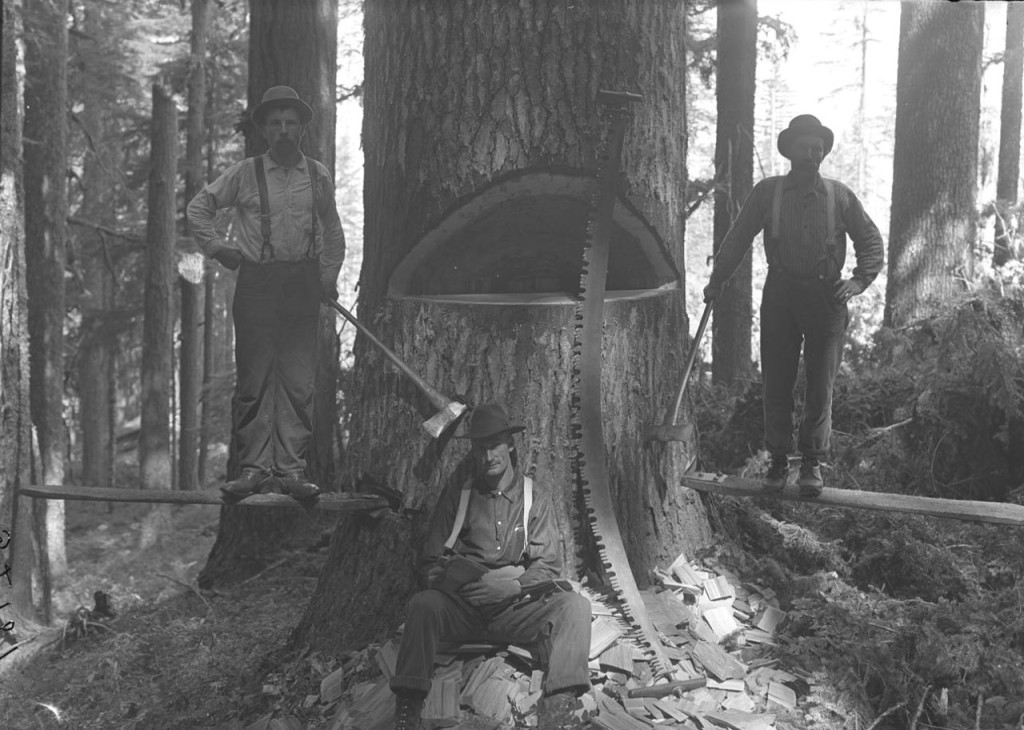Hope
I can remember what living without hope feels like. It’s like having an empty void in the center of your being that just eats at any and everything. Anything you place in your life quickly gets sucked up by the vacuum of hopelessness. “What’s the point?” begins to become your motto. And eventually as you see all that you care about sucked up in that void, you finally just want to give up. The suffering, the struggle of living without hope is too much. I remember having a knife to my wrist, overwhelmed by the sense of hopelessness in my life. There was nothing left to live for. Despite feeling like I had nothing left to hope in, I still wished, hoped even, for someone to come bursting through my door to give me something to hope in.
There’s a passage of scripture worth pondering. Proverbs 13:12a says, “Hope deferred makes the heart sick…” Without hope, or with hope that’s been set aside (deferred), the heart is made sick. The heart is made sick as a result of a lack of hope. This has implications for all of us, not just counselors.
I didn’t know Christ when I was suicidal. I was sick. I had nothing to hope in. Don’t get me wrong, I had tried to hope in many things. I had hoped that I would go to college, become a Japanese interpreter, find a woman that I could start a family with and many other things. Inevitably, they all let me down. And each time another “hope” let me down, I had less to hope in. The less I had to hope in, the emptier I became. Eventually, I was done hoping completely. I gave up. I was as sick as I could be. I was ready to die.
But then someone came along who cared about me who showed me that I could hope again. That there was something worth hoping in. Something that wouldn’t and couldn’t be sucked up into the vacuum of hopelessness. I had searched all my life for something like that, and finally, someone showed me where to find it.
As I write this, I am listening to one of my favorite songs. A song about the hope that is worth hoping in.
The world waits for a miracle
The heart longs for a little bit of hope
Oh come, oh come, Emmanuel
Hope is one of those things that is essential to a healthy heart. We all hope for something; relief from debt, freedom from addiction, a healthy relationship. But there’s a greater hope, a hope worth pointing people to. A hope that says that one day we will live in light of the hope we’ve all been waiting for. Death will be deferred and hope will come…and we shall call him Emmanuel; God with us. We will set aside the disappointments and sorrows and we will worship him. And I suspect it’ll sound something like this:
He is the song for the suffering
He is Messiah, the Prince of Peace has come
He has come, EmmanuelGlory to the light of the world
Glory to the light of the world
Glory to the light of the world
Glory to the light of the world
For all who wait
For all who hunger
For all who’ve prayed
For all who wonder
Behold your King
Behold Messiah
Emmanuel, Emmanuel*








 I wonder now at my foolishness. Not at the imagining of grandiose things, but at my belief that I needed to put those away rather than realizing the power that was available to me. Later on, I came upon the power of prayer. I began to realize that there was a power I had never fully tapped into before. Sure, I had prayed before. But I often just went through the motions of prayer and asked for those things I thought I was to ask for. I said the right things but didn’t really expect much. It was just something a Christian does, right?
I wonder now at my foolishness. Not at the imagining of grandiose things, but at my belief that I needed to put those away rather than realizing the power that was available to me. Later on, I came upon the power of prayer. I began to realize that there was a power I had never fully tapped into before. Sure, I had prayed before. But I often just went through the motions of prayer and asked for those things I thought I was to ask for. I said the right things but didn’t really expect much. It was just something a Christian does, right?

